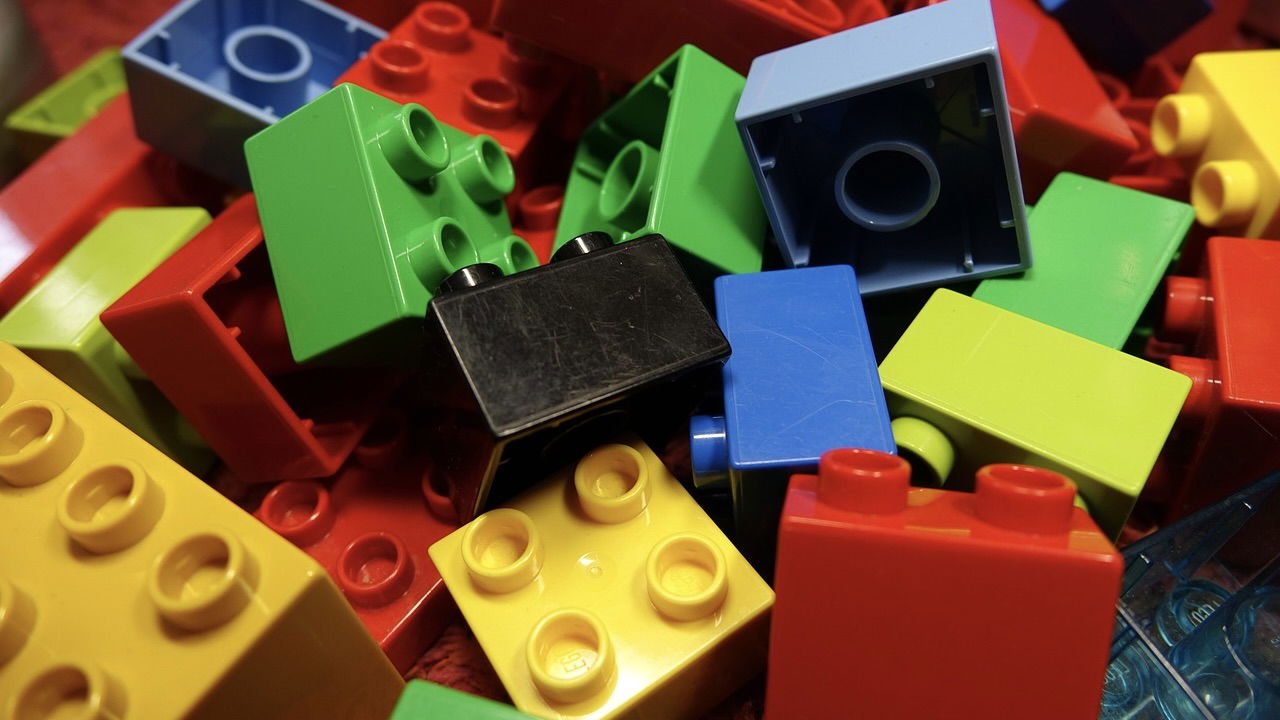
By India McCarty
Could playing with toys actually boost your kid’s math skills? These researchers say yes.
“There is robust evidence for a causal association between spatial thinking and mathematics achievement,” a study published in Mind, Brain, and Education stated. “Research has shown that children who are good at spatial thinking tend to be good at mathematics and that spatial thinking can be trained.”
To test this, researchers watched over 500 students across 16 UK schools who participated in a six-week Lego-based program. The program included having kids watch a short video, then work individually to build a Lego structure, going off of step-by-step instructions.
By the end of the program, the kids who took part in the program “showed statistically significant improvement in their ability to mentally rotate objects. This skill — imagining how shapes look when turned — is a core component of spatial reasoning,” per Study Finds.
Related: Want to Boost Your Child’s Cognitive Development? Here’s How
“They also performed better on math assessments that covered geometry and problem-solving tasks,” they continued. “When children work with shapes, graphs, or fractions, they rely on spatial visualization, the skills that the Lego program appears to strengthen.”
The research team stated, “Our findings have implications for school curricula where spatial thinking is largely absent; a spatialized mathematics curriculum could raise children’s mathematics attainment.”
Some parents might be wondering why spatial thinking is so important. In a 2024 piece, Forbes spoke to a number of child development experts about the benefits of good spatial thinking.
“Decades of research have shown that spatial ability is essential for the fields of science, technology, engineering and mathematics (STEM),” Danielle Rothschild, Kiley McKee and David Uttal, who worked at Northwestern’s STAR Lab, explained. “Students with higher spatial ability tend to perform better in STEM fields and are more likely to go on to pursue careers in these fields.”
Paula Olszewski-Kubilius and Susan Corwith, who worked with the Center for Talent Development at Northwestern University, said spatial thinking is “an asset to problem solving.”
“Paying more deliberate attention to students’ spatial ability can have a significant impact on individual talent development and help society benefit from more students’ creativity and innovation,” they said, adding. “Because spatial reasoning is less correlated with family income than math and verbal reasoning, identifying spatial talent offers the opportunity to find talented children from low-income backgrounds.”
Spatial thinking might not be prioritized in school curriculums, but it’s easy enough to give your kids a boost — just bring home a Lego set!
Read Next: How 1.2 Million Pounds of LEGOs Make a Difference for 400,000 Kids
Questions or comments? Please write to us here.


 - Content:
- Content: 

 – Content:
– Content: 